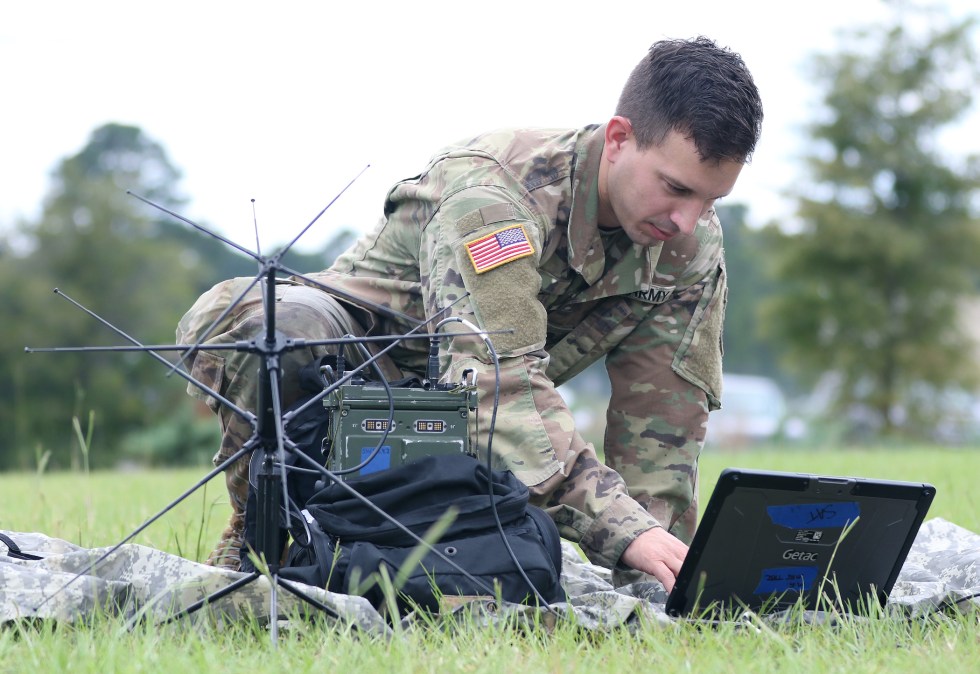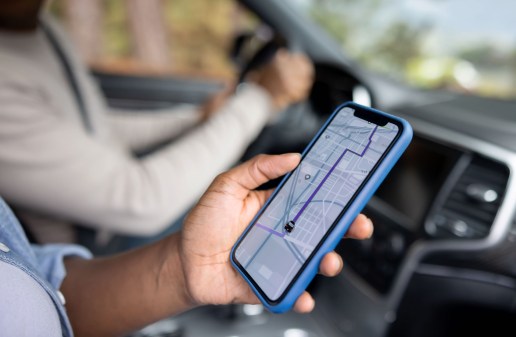DIU seeks tech to help fight GPS spoofing

The Defense Innovation Unit is searching for commercial tech that could help the military locate disruptions in satellite-based systems like the Global Positioning System (GPS).
Global navigation satellite system (GNSS) manipulation or “spoofing” has become increasingly low-cost with high-stakes impacts on both defense and commercial interests. DIU wants a solution that uses analytics to search through commercially available data to find spoofed and disrupted signals, it wrote in a recent solicitation.
“The entire world is dependent on GNSS or GNSS-based systems, yet the GPS architecture and its users are vulnerable to denial and manipulation by adversarial actors,” DIU wrote.
Spoofing is an interference to the signal or data transmission in GPS. Devices used to disrupt that signal can be as cheap as $250 and as small as a cellphone.
Threats to satellite-based communications systems like GPS include operations that have enabled narcotics trafficking, unapproved operation of autonomous vehicles, illegal fishing and piracy, according to DIU. Signal jamming by nation-states also poses a threat to military communications in battle. This is of great importance as the Department of Defense has been creating new concepts of operations that more heavily rely on communications and data links.
DIU, the DOD’s Silicon Valley outpost, was established to find commercial solutions to thorny defense challenges such as GPS spoofing. In this specific case, it seeks solutions that can ingest a mix of data, including terrestrial, space-based and others, that could help ferret out false signals. DIU wrote it has no preference on what data the system uses, just that it be able to use multiple types.






